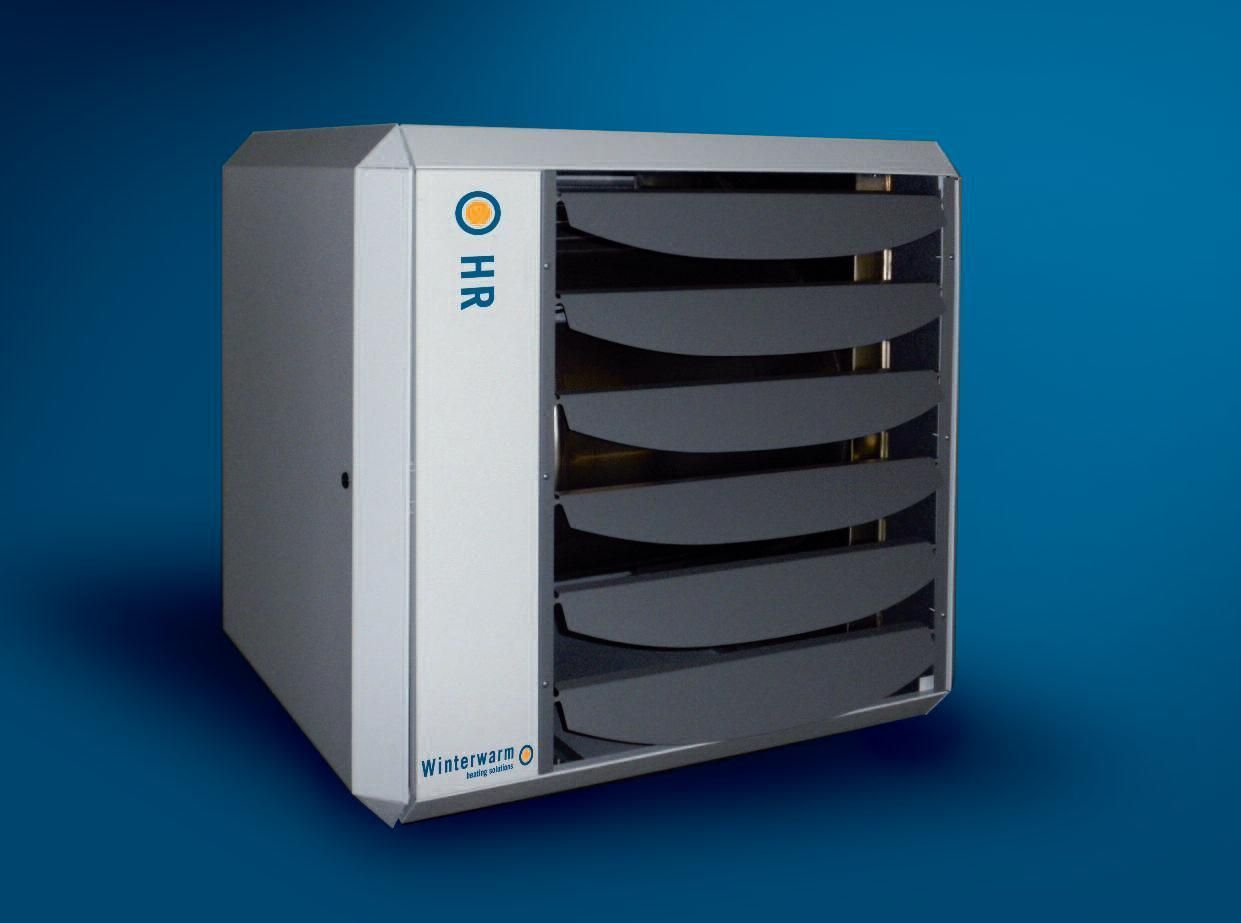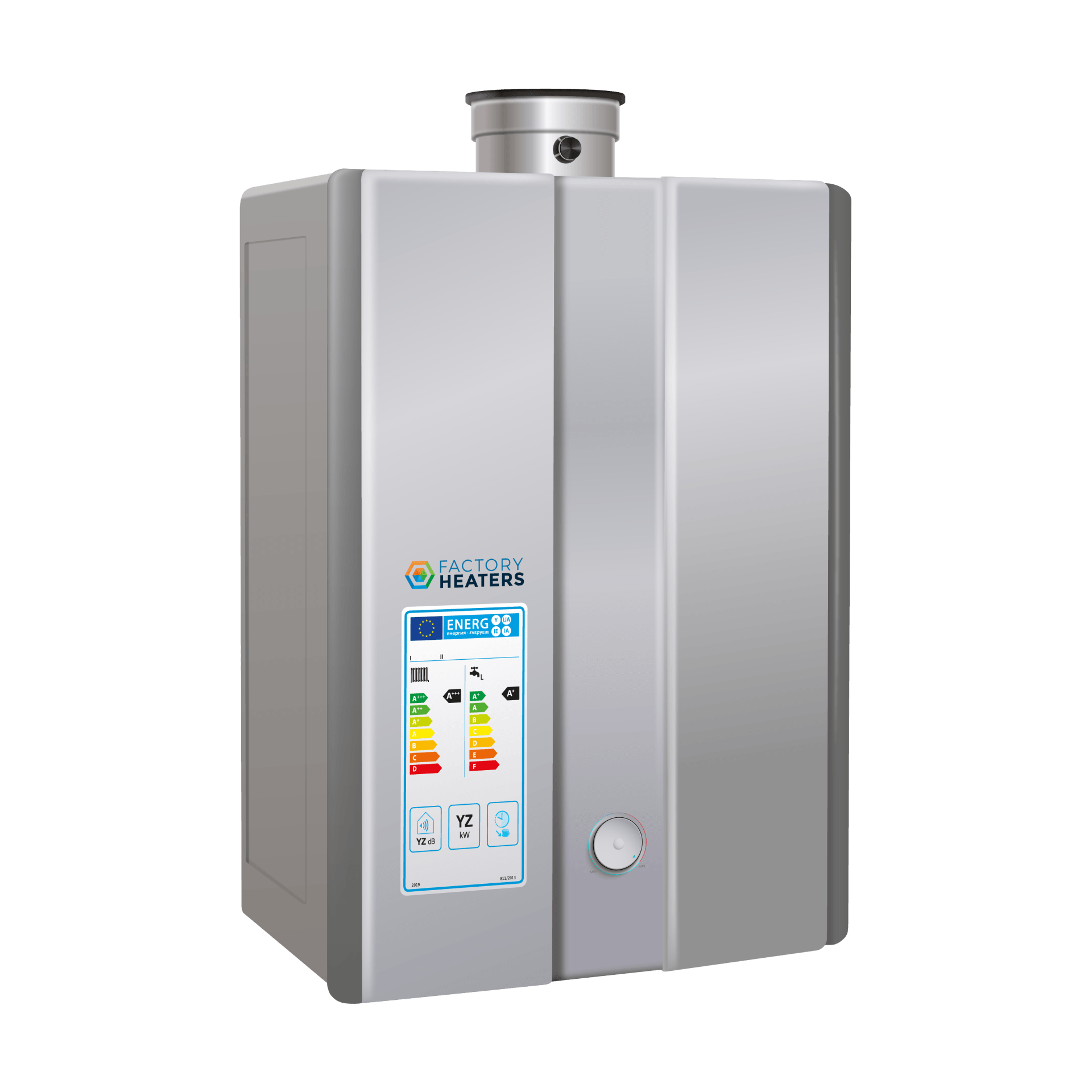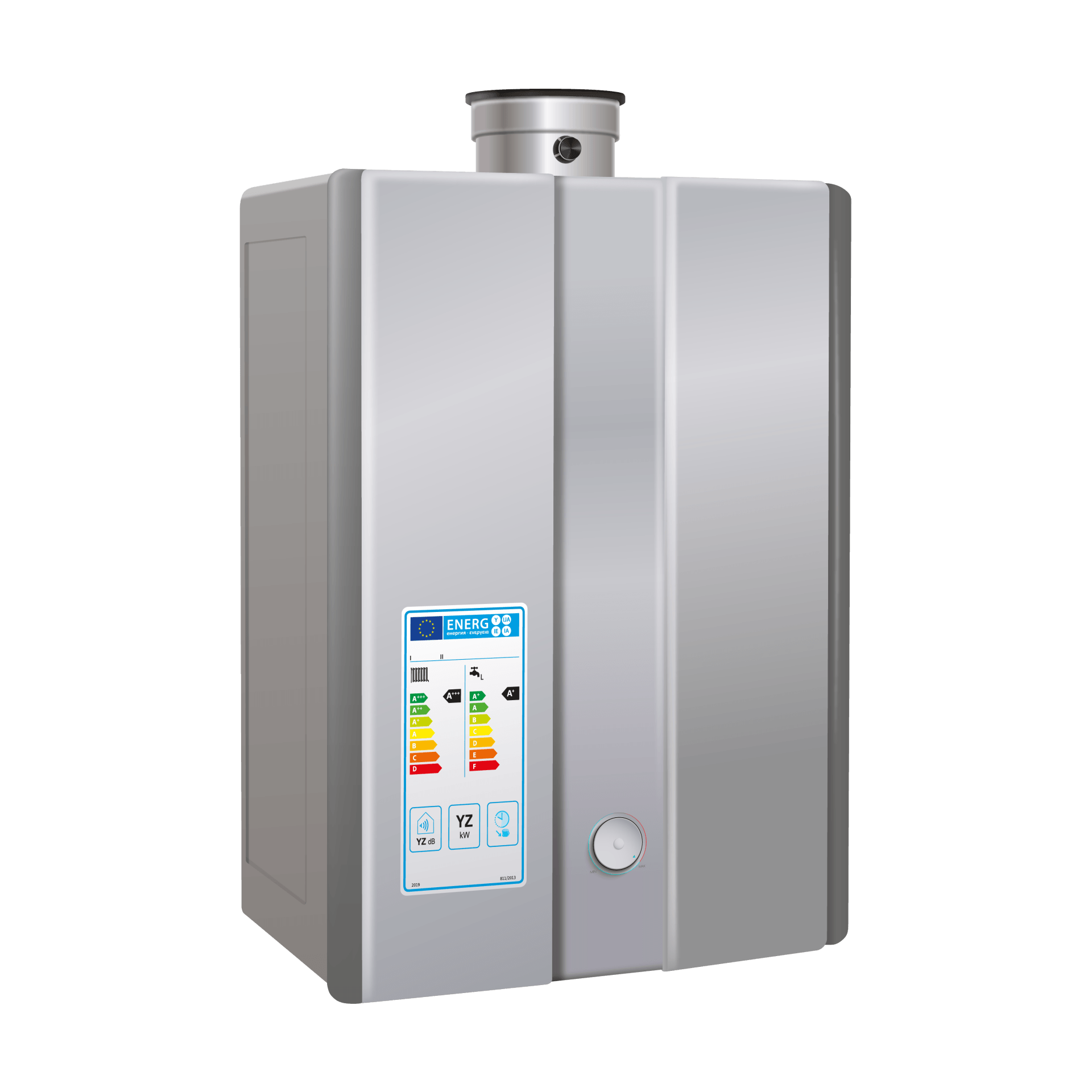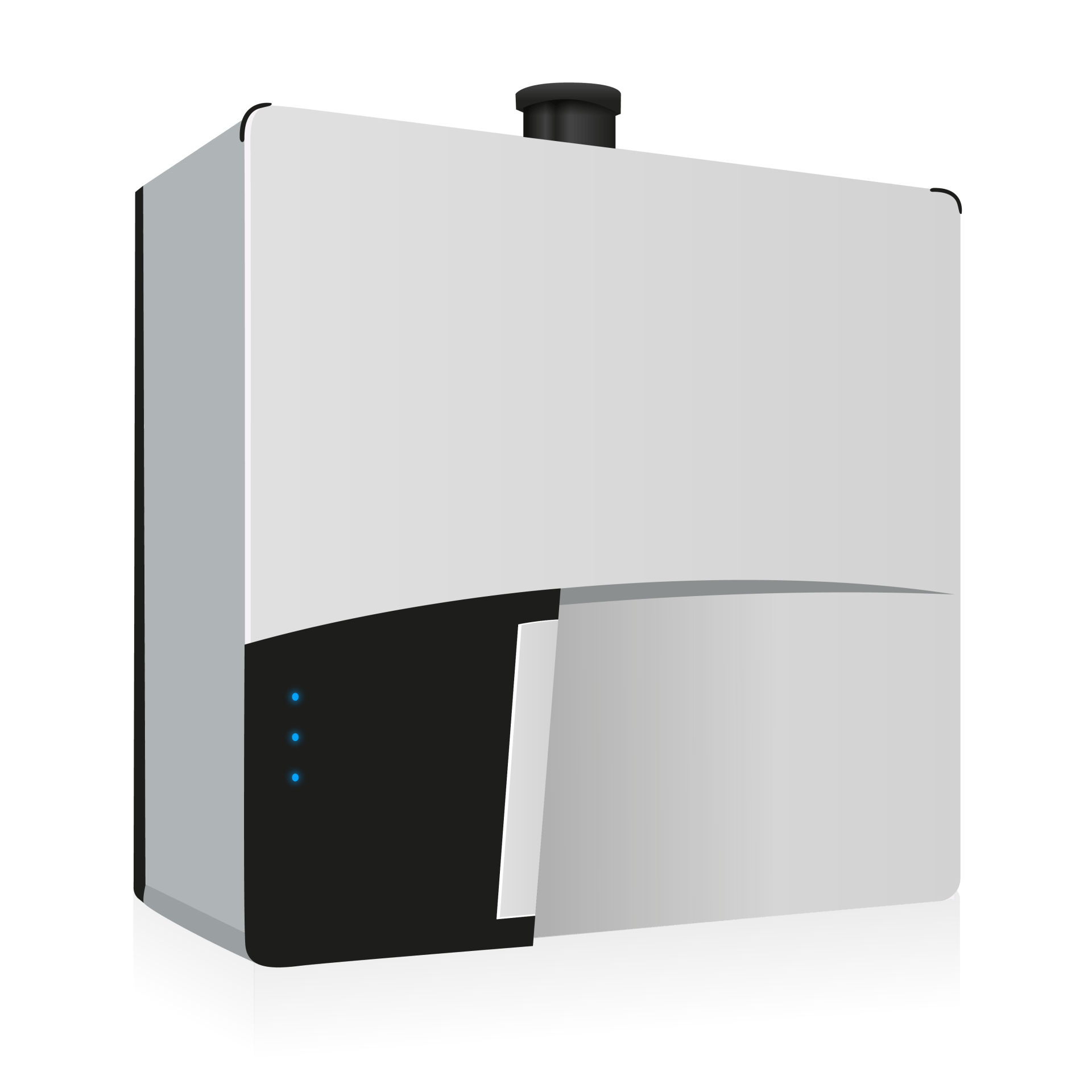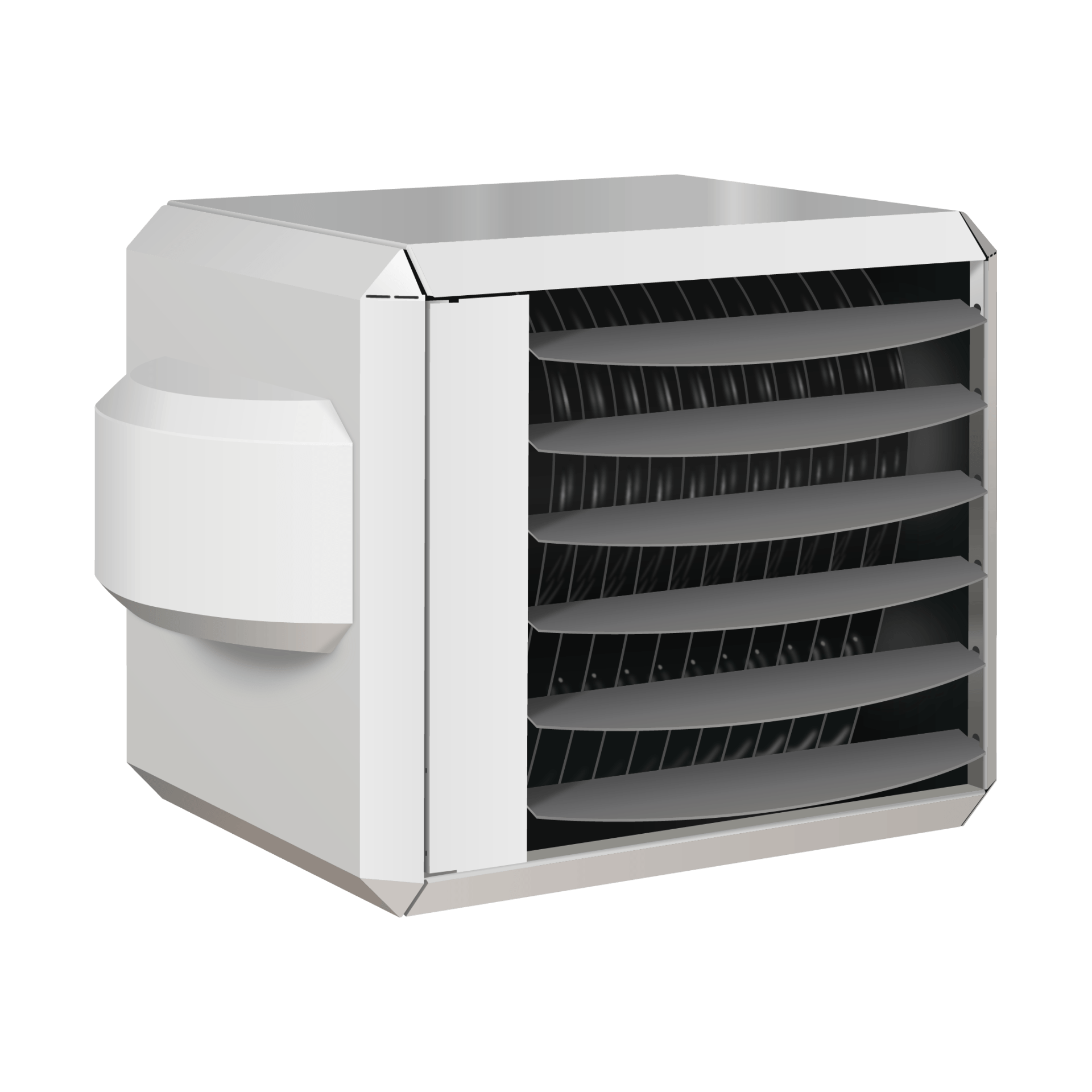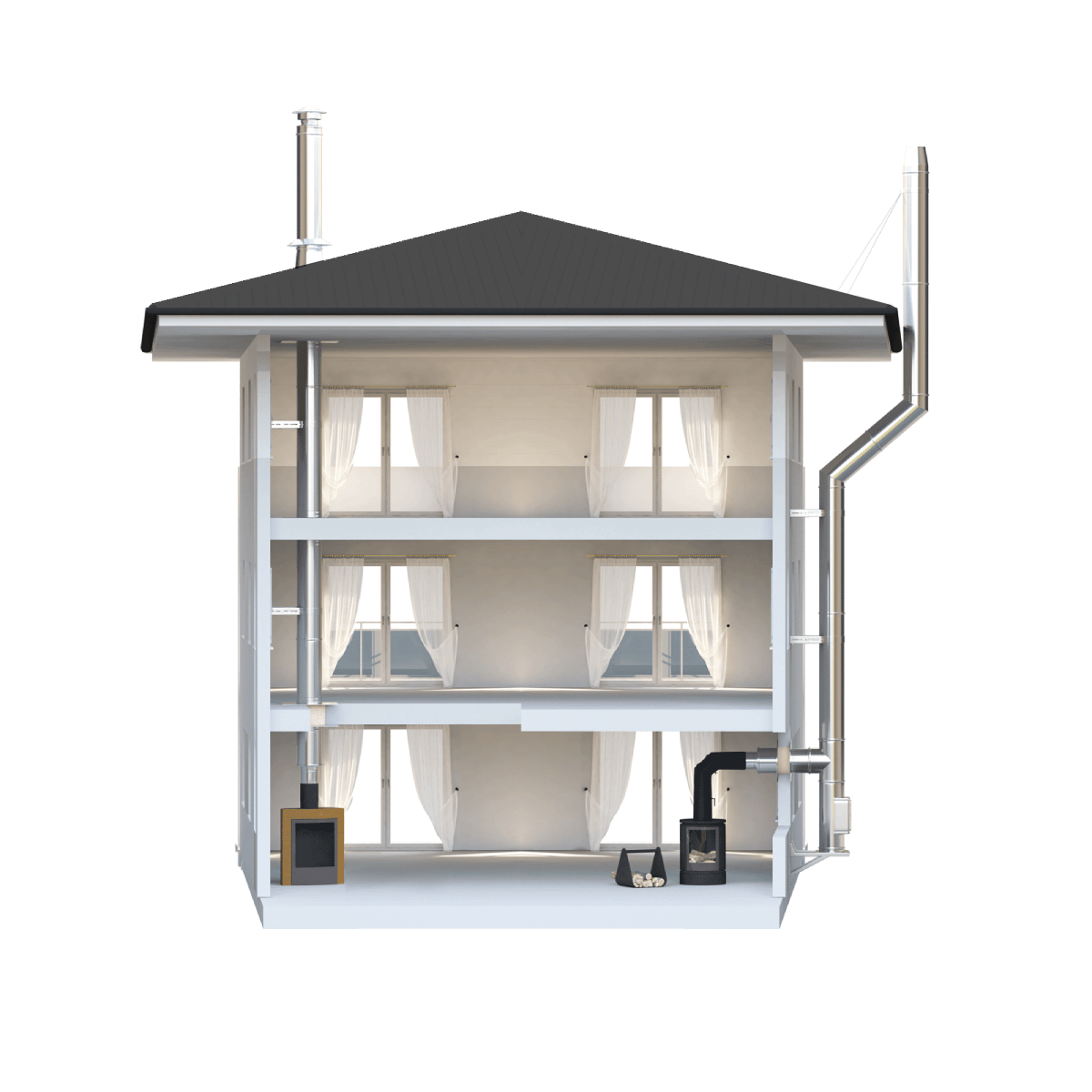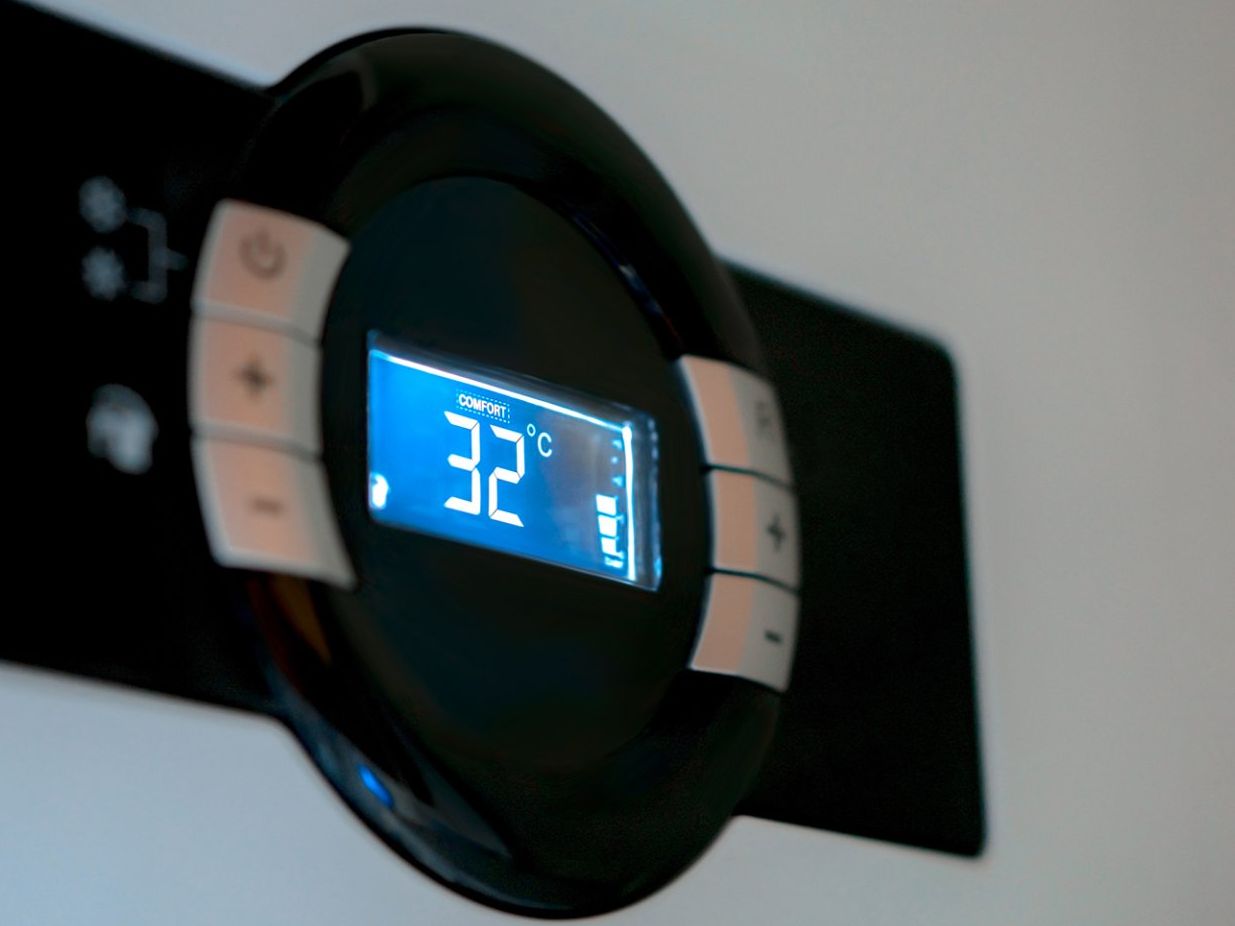Water Heaters: Everything You Need To Know
Hot water is a daily necessity, and running hot water is one of the efficient conveniences of today’s households. Right from using hot water to clean clothes and dishes to using it for bathing and showering, hot water has multiple uses in a household. Despite hot water being a daily need, people often struggle to find proper water heating appliances like the classic water heater.
Despite water heaters being durable and functional, people need to understand the factors that they need to consider before purchasing one. Right from considering major factors like electric or gas water heaters to minor details like temperature adjusters and other settings, it becomes a task for people to
purchase a water heater.
What is a Water Heater?
The normal lifespan of water heaters ranges between 8 to 15 years, so when the time comes, people need to replace their old water heaters with new ones. Unfortunately, most water heater users will opt for the renewed version of their existing water heaters. Thus t is advised that they note their requirements and do online shopping with a clean mind.
To avoid having a water heater malfunction and other abnormalities daily, people need to purchase the right water heater. But in case you have a water heater, then there are three possibilities which can take place, your attempts to repair the water heater, call for an experienced serviceman, or purchase a new water heater. If you are in the last situation, then you should purchase a good water heater.
How Does A Hot Water Heater Work?
Both electric and gas water heaters work in a similar function. There are three steps to the procedure. First, the cold water travels to the dip tube, from where heat is generated through the heating elements present inside the tank. Last but not the least, the hot water will rise within the tank and will cross the house through pipes and heat out pipes.
Along with the features like electric water heaters, the gas counterparts come with a thermostat, pressure, and temperature relief valve. In addition to that, the water tanks also come insulated and have an anode rod. The water tank is also insulated, and all consumers need to do is plug the heater into the switchboard to start the water heating procedure. See our top things to consider when choosing a water heater guide here.
Electric water heater
The cold water enters the electric water heater through a dip tube. The cold water is heated through the heating elements that are present in the tank. The hot water then rises and is received through the different outlets like taps, baths, and other heat out pipes. Electric water heaters come with a thermostat, pressure relief, and temperature valve. The water heating tank has an insulating element.
Gas water heater
The gas water heater has a similar working operation compared to that of an electric water heater. A dip tube is used to pour the cold water into the tank in a gas water heater. There is a gas burner which is used to heat the cold water. The burner operates on gas which releases extremely toxic and hot air through the air vent. The vent or chimney is installed in the middle of the gas water heating tank. While the vent emits the toxic hot air, the vent pipe becomes hot, which results in the subsequent warming of the water in the tank.
Which is better- electric water heaters or gas water heaters?
There are typically two major kinds of water heaters in the market at present, electric water heaters and gas water heaters.
Efficiency
Compared to their gas counterparts, electric water heaters come efficiently. Despite being on the higher end of the affordability scale, gas water heaters use more energy and release waste into the environment while they are in operation. Since the by-products of the gas water heaters consume a certain percentage of heat while the heater is operating and generating hot water. In addition to that, electric water heaters are known to consume most of the energy in generating hot water, although there are certain energy-saving or efficient gas water heaters which consume less energy compared to the classic gas water heaters.
Maintenance requirements
If we again draw a comparison between electric water heaters and their gas counterparts, it is gas water heaters that require more maintenance and aftercare. Even though both the water heaters require similar aftercare and maintenance, such as flushing out the remaining water from the heating tank, in case you don’t do that, prolonged storage of water in the tank will cause the deposition of minerals and sediments. Experts advise consumers to have their tanks and entire water heating system cleaned annually to ensure the long life of the water heaters.
Accessibility
Electric water heaters are easier to operate compared to gas counterparts. Since all people need to do is put the plugin and turn the switch on. Unfortunately, gas water heaters have a complex operating system, given how they need to be turned on. Thus, electric water heaters are more convenient when it comes to operations.
Cost
Pricing of both electrical and gas water heaters is fairly similar. If compared minutely, gas water heaters are more expensive than their electrical counterparts upfront. Although, their utility bills are fairly low monthly. Electric water heaters, on the other hand, have lower upfront expenses yet have higher monthly utility bills given how they operate only on electricity.
Installation
Both electric and gas water heaters have simple installation procedures. But often, electric water heater consumers have difficulty shifting from their existing electric ones to gas water heaters. Gas water heaters require a separate line for the transport of gas. In addition to that, it also requires the installation of a separate vent, which further requires drilling near the water heating area. Thus, gas water heaters require more money and time for installation compared to electrical ones.
Immersion Water Heaters
Immersion water heaters are electrical devices that are inserted in liquids that people want to heat. They are installed in tanks, and the installation can be done manually in multiple ways, including side-ways, threaded, or even flanged. They are comparatively cheaper than electric and gas water heaters and can heat liquids like water in a matter of minutes. They are manufactured by enclosing the heating coil in a ceramic coating that is then covered in a sheath. The sheath can be wither made of copper, cast iron, stainless steel, titanium, Incoloy, or even PFA coating.
The heating coil receives intense heating and is charged by electricity. Immersive water heaters become hot very quickly, and the heat which the coil is giving out helps to increase the temperature of the water quickly.
"Hot water is a daily necessity, and running hot water is one of the efficient conveniences of today’s households"
Ben Winrow - Factory Heaters
How do maintain electric and gas water heaters?
Homeowners need to consider regular maintenance by following the below-mentioned steps to keep their electric and gas water heaters working effectively.
It is essential to keep the water heater at a stable and safer temperature. A majority of manufacturers recommend keeping the thermostat of their water heaters at a temperature of around 120 degrees Celsius. This helps consumers save a lot of money on electricity bills.
Consumers need to flush out the tank annually. Without this, the existing water heater might stop working well before time. People need to check for the anode rod and change it accordingly. Changing the anode rod regularly will prevent the tank from rusting. Rusting of the tank would severely degrade the quality of water that is being heated inside the tank. Water heater users also need to test the pressure relief valve systematically while cooling the water. One can do that by placing a bucket under the tank’s pipe and then releasing the valve open.
The Difference Between Boilers And Water Heaters?
Several homemakers and owners are unaware of the differences between boilers and water heaters. Since they aren’t aware of the major differences, it becomes difficult for them to choose while they are shopping for an appliance that will allow them to heat water quickly. The major difference between the two appliances lies in the utility. While water heaters are used solely for heating water in a home, boilers, on the other hand, are used to generate heat along with hot water in a home.
Boilers are used especially in residences that are located in cold places. While it heats water, it also uses the same hot water to warm up the place every time they are turned on to heat water. Boilers are used for both residential and commercial uses.
Boilers have high-pressure and low-pressure units, although, for residential purposes, low-pressure boilers are recommended. High-pressure units, on the other hand, are used for commercial and factory purposes.
Standard water heaters are also known as tank water heaters. Tanks of such water heaters come in various sizes, which determine the possible water retention capacity varying from 20 gallons to 80 gallons of liquid. Usually, water heaters are installed in the basement, and the hot water is transported to various places through outlet pipes. As hot water leaves the tank through the various outlet pipes, cold water is replaced at the bottom of the tank.
Although on some occasions, consumers might use up hot water faster than what the system can warm up, thus exhausting the entire tank of hot water. This is usually a regular situation in homes with a lot of family members or where there is a desperate need for hot water.
Best Water Heater Brands
Here are a few water heaters that are quite popular among consumers across the world. We are deciphering them for you.
Lo-Nox Condensing water heater
One of the most efficient designs and development of factory heaters, the Lo-Nox Condensing water heater, is an amazing commercial water heater that runs on gas. The gas utilising water heater is incorporated with down-firing pre-mixer burning technology along with advanced condensing technology. This ensures that every ounce of LPG or natural gas is utilised to its optimum value or level. The water heaters are renewable and are used for suitable temperature boosting units that can be installed in heat pump stations and solar thermal utilising stations.
Domestic & Light Commercial water heater
This internal water heater is designed for wall installation and is natural gas or LPG firing continuous water flow heating appliance. It is an ideal used commercial water heater due to its ability to supply 833 litres of excess water per hour, raising the temperature by 50 degrees Celsius. It is a great alternative to the electric water heater that usually brings up a huge electricity utility bill at the end of every month.
For commercial purposes, electric water heaters are not preferred due to their high electricity utility bill. Instead, gas water heaters such as this domestic and light commercial water heater.
N1600E Rinnai External Lo-Nox Gas Condensing water heater
Used for commercial water heating purposes, Lo-Nox gas condensing water heaters offer full modulation, condensing, and continuous flow of hot water by utilising the stainless steel heat exchange facilities. It comes with several exciting features, and it offers a flow rate of 2100 litres of hot water that is minutely accurate to the set temperature. The new water heater comes with increased efficiency and performance abilities.
There is an easy building management system installed in the water heater. In addition to that, an operational controller can also be added to change temperatures according to the preferences. Durability and warranty are part of the stainless steel exchanger. Last but not the least, the water heater runs on natural gas only, which emits less toxic gas and is affordable, thus ensuring low monthly utility bills.
Given how you are now aware of everything relevant to electric and gas water heaters, depending on your requirements, it is recommended for you to choose the one that suits you best. While electric water heaters have a low upfront price, their electric utility bill is very high. On the other hand, gas water heaters have a higher upfront expense but with a low monthly utility bill.
Contact
Factory Heaters
for more information.
If your hot water system currently stores hot water for any potential increases in demand, installing Continuous flow water heaters instead will reduce your energy costs dramatically, and they are also Hydrogen Blend Ready, so will support the UK’s zero Carbonisation strategy.
Share.
Comment.
Latest.
